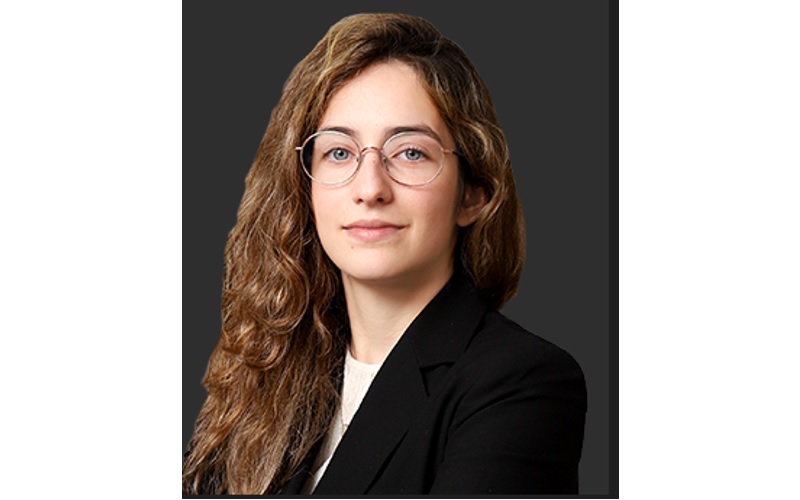On 5 and 6 February 2024, the ELI and UNIDROIT jointly hosted a Dissemination Conference at the Austrian Academy of Sciences in Vienna. The conference aimed to shed light on the significance and ongoing impact of the ELI-UNIDROIT Model European Rules of Civil Procedure, initially published in 2021. These rules were developed with the objective of adapting the ALI-UNIDROIT Principles of Transnational Civil Procedure (2004) to a European context, thereby fostering fairness and reducing uncertainties in judicial proceedings. The project commenced in February 2014 and involved the collaboration of ten Working Groups comprising leading experts in civil procedure law from over 16 countries.
Throughout the conference, which saw the participation of close to 80 experts from Europe and beyond, various panels were conducted to delve into different aspects of the Model Rules and their implications. Profound discussions were held regarding the innovative features embedded within the Model Rules, including provisions addressing case management, cooperation, access to information and evidence, collective redress, costs, res judicata, and the integration of new technologies in civil procedure and enforcement. Speakers highlighted the pivotal role of the Model Rules in shaping civil procedure reforms, both at European and national levels. Notably, discussions also revolved around the ongoing translations of the Model Rules into various languages, ensuring their accessibility and applicability across different legal jurisdictions, thereby enhancing their relevance for procedural law reform.
The Dissemination Conference served as a platform to reinvigorate dialogue surrounding the ELI-UNIDROIT Model European Rules of Civil Procedure and their enduring impact since their inception. Participants expressed their appreciation for the collaborative efforts undertaken by ELI and UNIDROIT in developing these rules, which have significantly contributed to the advancement of procedural justice within the European legal landscape. Moving forward, it is anticipated that the Model Rules will continue to serve as a cornerstone for policymakers and legal practitioners, facilitating harmonisation and enhancing the efficacy of civil proceedings across borders. Additionally, the Model Rules will be discussed in the upcoming symposium of the Procedural Law Unit, organised at the University of Nicosia, Cyprus.




